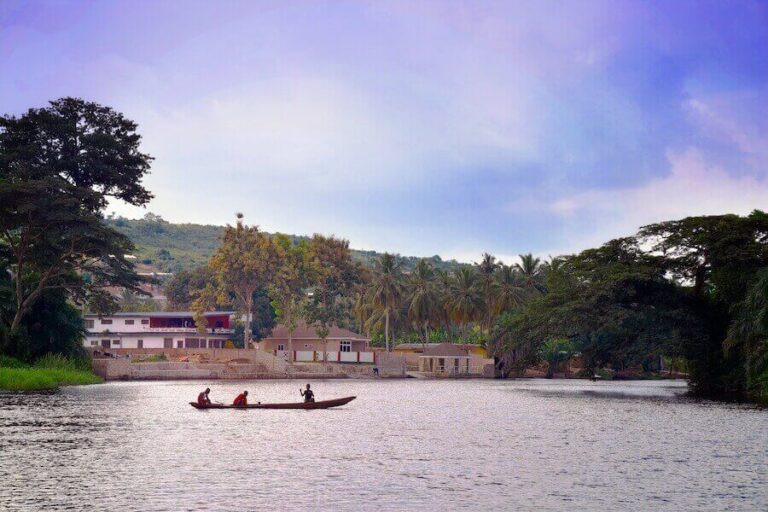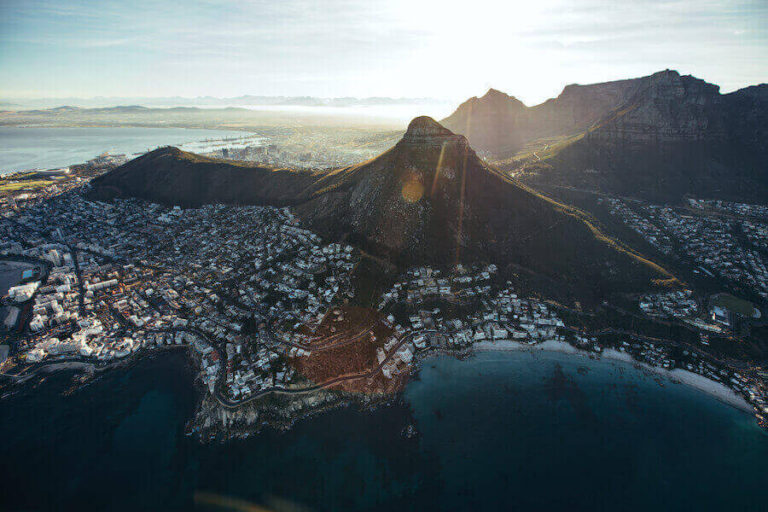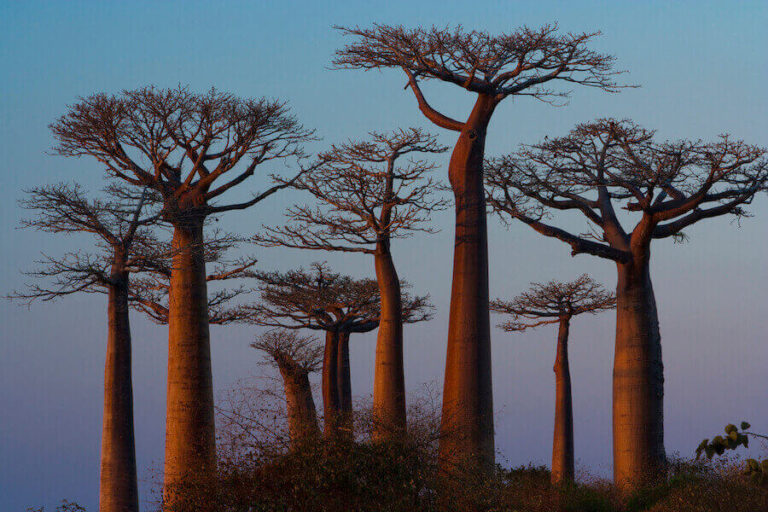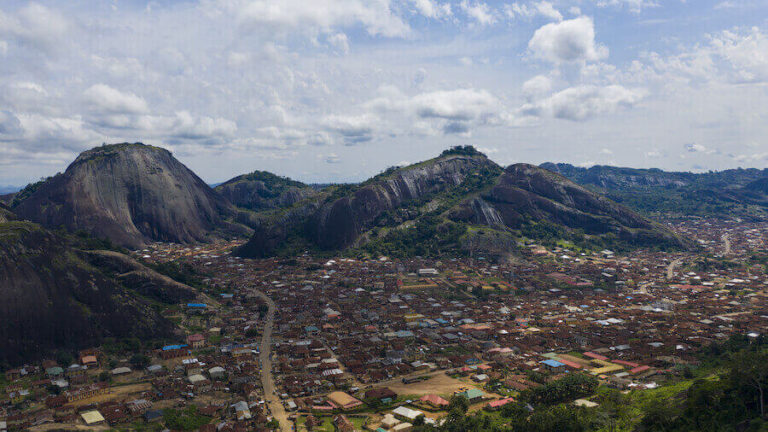Does It Snow In Kenya
No, it does not snow in Kenya. While the climate is subtropical highland, temperatures in some parts of the country drop low enough that frost can form on certain rare occasions. However, much of Kenya’s terrain isn’t cold enough for snowfall to occur.
Kenya Overview
Kenya is an East African country located on the equator, with its capital in Nairobi. It borders Ethiopia to the north, Somalia to the east, Tanzania to the south, and Uganda to the west.
With a population of over 47 million people, Kenya’s diverse geography includes coastal beaches, arid deserts, and savanna grasslands. Its abundant wildlife includes lions, elephants, and rhinos – making it a popular destination for safaris.
The official languages are Swahili and English which helps facilitate trade with other countries as well as internal communication between citizens from different ethnic backgrounds. Kenya has also become a major hub for technology startups due to its fast-growing economy and innovative spirit among its young entrepreneurs.
All these factors make Kenya an attractive destination for tourists from all around the world who come here looking for unique experiences that only this beautiful nation can offer!
Kenya For Travel
Kenya is an amazing destination for travelers with its stunning landscapes, rich cultural heritage, and unique wildlife. The country’s food is a delicious mix of African and Middle Eastern flavors, from coastal dishes like coconut fish to traditional Masai delicacies like cow’s milk mixed with herbs.
There are also many opportunities for adventure in Kenya, whether you want to take a safari through one of its vast national parks or climb Mount Kilimanjaro. For culture vultures, there are fascinating ancient ruins scattered throughout the country including those at Gedi and Lamu Island.
No visit would be complete without experiencing some of Kenya’s vibrant music scene or visiting local art markets where craftsmen exhibit their wares. Whether you’re looking for relaxation on pristine beaches or an adrenaline-fuelled adventure that takes you far off the beaten track – Kenya has something special waiting for anyone who visits!
Kenya Climate
Kenya’s diverse landscape means that its climate and weather patterns are also varied, ranging from humid coastal regions to temperate highlands and dry deserts.
The country’s climate can be divided into two main seasons: the dry season (from late October to early March) and the wet season (from mid-March to late October).
The dry season is generally hot and sunny, with temperatures ranging from 20 – 28°C (68 – 82°F). The wet season sees a huge contrast in temperature, with rains coming especially during the months of April and May. Although the country experiences a lot of rain during this time, the rains are not always consistent and can vary in duration, intensity, and frequency.
Kenya’s highlands generally have a milder climate than other parts of the country, with cooler temperatures and more rain. The highlands experience average temperatures between 10 – 15°C (50-59°F) and receives heavy rainfall during the wet season.
Winter In Kenya
The months of June to August are typically considered the winter in Kenya. The country is an ideal destination for those looking to escape the cold.
In these months, temperatures remain mild and sunny throughout most of the day – perfect for exploring Kenya’s incredible natural beauty. The nights can be chilly but still comfortable enough that you can enjoy a night out or camp under the stars.
Rainfall is also relatively low during this time of year, allowing visitors to explore without worrying about wet conditions or storms. Winter in Kenya offers plenty of opportunities for adventure and relaxation with its pleasant climate and stunning scenery.
When Does It Snow In Kenya
There have been rare records of snow in Kenya during winter but it is an extremely uncommon phenomenon in the country.
June Climate And Snow In Kenya
June in Kenya is characterized by hot and humid conditions, with temperatures ranging from 19°C (66°F) to 27°C (81°F). The coastal areas tend to be slightly cooler due to the prevailing winds from the ocean. Generally, the climate throughout June is dry, with very little rainfall; however, there can be some thunderstorms at times.
In the highlands (especially in the Rift Valley) temperatures can drop to a more pleasant 13°C (55°F) during the night, making it an ideal time to explore this magical landscape. In Nairobi, evenings are still quite warm with temperatures averaging 21°C (70°F).
June is an ideal time for wildlife safaris as the dry season brings more animals out into open areas, making them easier to spot. The long, hot days also provide a lot of sunshine, so be sure to bring plenty of sunscreen!
July Climate And Snow In Kenya
In July, Kenya’s climate is generally hot and dry with an average temperature of 27.5 °C (81.5 °F). .
In the coastal areas, the temperature can reach as high as 34 °C (93 °F) during the day, while in the central highlands, temperatures are typically around 25–27 °C (77–81 °F). The average temperature for July is 27.5 °C (81.5 °F).
Most of the country experiences very little rain during July, as it is part of Kenya’s dry season. The coastal areas may get some brief downpours in the afternoons or evenings, but these are typically short-lived.
In the far north and east of the country, there can be slightly more rainfall. Despite the dry climate, July is still a great time to visit Kenya for those seeking an adventure. The warm temperatures make it perfect for outdoor activities such as safari tours and hikes.
August Climate And Snow In Kenya
August in Kenya is a warm and sunny month with plenty of sunshine and temperatures averaging in the high 20s Celsius (mid to high 80s Fahrenheit). The average high temperature during this time is usually around 30°C (86°F) while the average low-temperature drops to 19°C (66°F).
One of the best times to visit Kenya’s savannah parks is in August when wildlife sightings are at their peak. August is a great month to visit Kenya and experience its natural beauty and unique culture. The warm climate and plentiful wildlife make it an ideal destination for both adventurers and those looking for a rain-free holiday.
Where Does It Snow In Kenya
The only place with permanent snow is on the high elevations and peaks of Mount Kenya, such as Batian and Nelion. The area has a cold climate all around the year.
Winter And Snow In Kenya’s Major Cities
Snow And Winter In Nairobi
Winter in Nairobi is usually quite mild, with temperatures averaging between 17-22°C (63-72°F). During the day, the sun will often be shining, and there are usually clear blue skies. However, occasional rain showers can bring cooler temperatures.
At night, temperatures can drop to as low as 12°C (54°F), so it’s a good idea to bring some warmer clothes if you plan on visiting during the winter months.
The main thing to look out for in Nairobi during the winter is the occasional sandstorm that can blow through, bringing with it dust and debris. These storms typically last for only an hour or two and are more common during the dry season (January to March). A good way to stay safe and comfortable during a sandstorm is to wear long sleeves, pants, and a hat.
Nairobi offers plenty of activities for tourists all year round. During the winter months, you can visit one of the many parks in the city or take a walking tour to learn about the city’s history and culture. You can also go on a safari to see some of Kenya’s amazing wildlife. If you want to escape the cold, there are plenty of warm pools and spas in Nairobi that offer relaxing treatments.
Snow And Winter In Mombasa
Winter in Mombasa, Kenya falls right within two of its rainy period. This season brings cooler temperatures and more comfortable weather conditions without much rain.
During this time of year, you can enjoy the sun-dappled beaches of Mombasa, take part in amazing wildlife experiences and explore some of Kenya’s most historic sites.
The landscape around Mombasa is lush and green during this season with plenty of outdoor activities to enjoy. If you’re looking for a beach break, head to the white sands of Nyali Beach, where you can swim in the crystal clear waters or spend time sunbathing and observing the marine life.
The more adventurous travelers like to take a boat trip out to Wasini Island for snorkeling and diving or go on a 4WD safari in Shimba Hills National Reserve for the chance to spot some of Kenya’s iconic wildlife.

![Does It Snow In Ethiopia [Winter Travel]](https://offseasonbackpack.com/wp-content/uploads/2023/01/does-it-snow-in-ethiopia-768x512.jpg)
![Does It Snow In Algeria [Winter Travel]](https://offseasonbackpack.com/wp-content/uploads/2023/01/does-it-snow-in-algeria-768x512.jpg)


